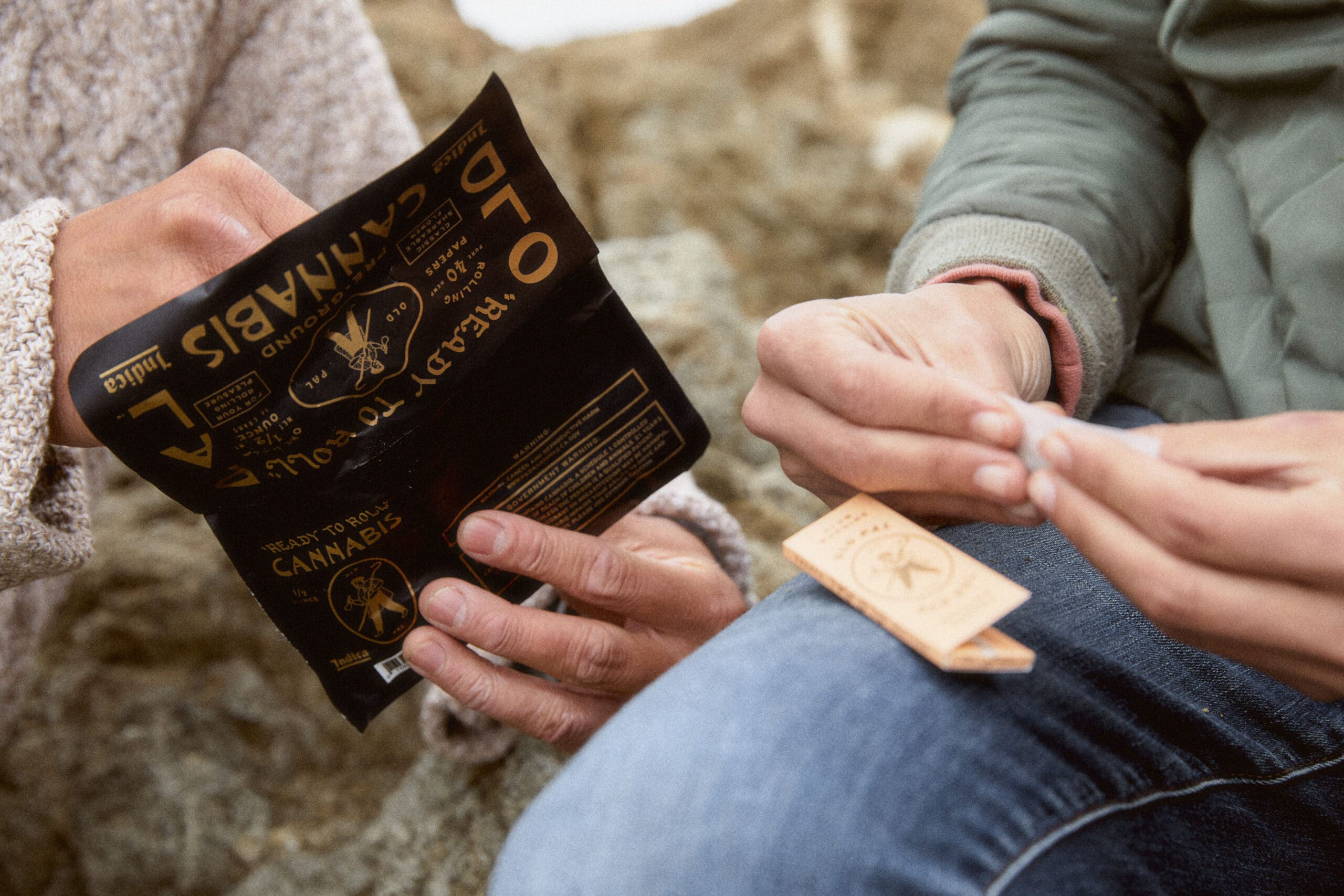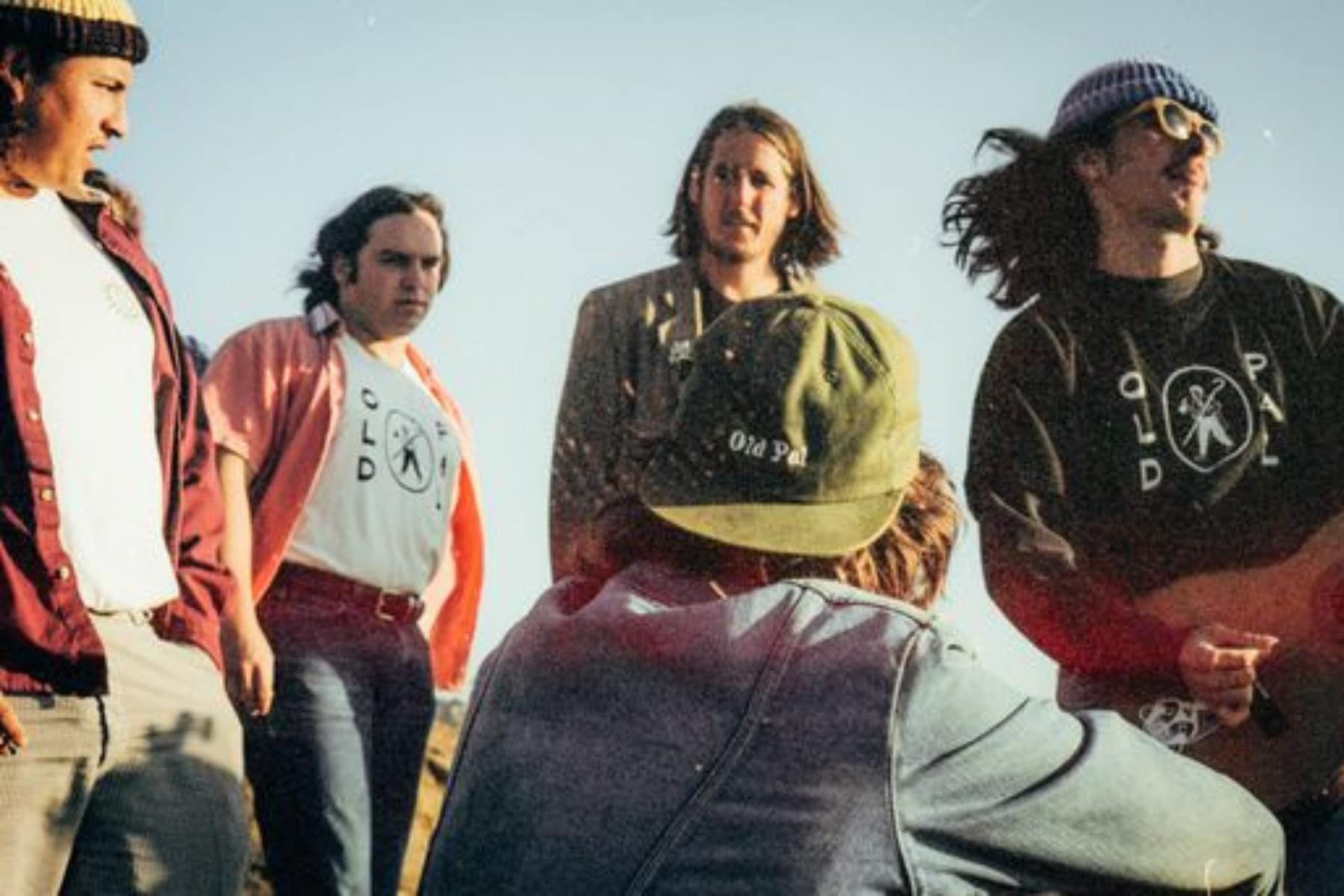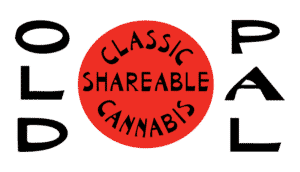The truth about cannabis and productivity
As cannabis steps into the light of social acceptance, it brings with it a cloud of questions about its place in our daily lives, especially at work. Is a pre-meeting puff the secret to laser-focus and boundless creativity, or does it cloud judgment and dampen productivity? Smoking weed at work has become a topic of much conversation in recent years.
With the legal landscape of cannabis use constantly evolving, and workplace policies struggling to keep pace, we find ourselves at a crossroads. How do we reconcile personal liberty with professional responsibility? And what does the future hold for cannabis in the workplace?
The Blurred Lines Between Cannabis and Productivity
Navigating the intersection of cannabis use and work performance presents a complex picture.
For many, cannabis use is a personal choice that can positively influence work output, sparking creativity and aiding concentration in certain tasks. Yet, for others, it may lead to decreased focus and a downturn in motivation.
This disparity in experiences creates a blurred line between cannabis as a productivity tool and a potential hindrance to professional performance. Amidst these personal anecdotes, employers and lawmakers are grappling with how to address cannabis use. With each state and country having its own set of rules regarding recreational and medicinal cannabis, the workplace becomes a microcosm of wider legal and ethical debates.
The essential question revolves around how to integrate cannabis into the workplace responsibly and effectively, respecting both individual rights and collective productivity.

The Personal Spectrum of Cannabis Effects
The impact of cannabis on work performance is deeply personal, varying widely from one person to the next. For some, cannabis is a catalyst for creativity and a means to achieve hyper-focus. Stories abound of coders, writers, and artists who attribute their best work to the herb’s influence. These folks report enhanced concentration, a flow of creative ideas, and an ability to think outside the box, all of which are invaluable in the right professions.
Conversely, there are those for whom cannabis does the opposite. Instead of clarity and innovation, they experience a haze of distraction, a decrease in motivation, and a notable dip in cognitive function.
The reasons for these divergent effects are complex, involving factors like individual physiology, the cannabis strain consumed, and the context of the work at hand. This personal spectrum of effects underscores the subjective nature of cannabis as a tool for productivity—or a distraction.
What works as a miraculous motivator for one might be a productivity killer for another, highlighting the importance of understanding one’s own response to cannabis in the context of work.
The Cannabis Work Ethic
The notion of a “cannabis work ethic” challenges traditional views on productivity and professionalism. Anecdotal evidence and some industry professionals suggest that cannabis, particularly when used judiciously, can positively affect work output. And others, opt out for equally valid reasons.
We asked Solonje Burnett, Founder of weed auntie, a cannabis education + experience production agency as well Co-Founder, Chief Culture & Community Officer of Erven, a collaborative data analytics platform facilitating sustainable growth for brands and retailers. In case this is your first touch-point with her work, Solonje is a Caribbean-American multihyphenate, creator, brand strategist, spaceholder and experience producer, she focuses on creating inclusive and intersectional containers for holistic wellbeing rooted in connectivity and care while amplifying marginalized + melanated practitioners, creatives, and entrepreneurs in cannabis and beyond. Solonje speaks, partners, and consults on brand education + marketing, social equity, sustainability, self care, sexual health, racial injustice, gender discrimination, and community empowerment.
She sits on the inaugural Advisory Board of CUNY’s new workforce development program, Cannabis to Culinary. Solonje was a member of the 2023 Clio Cannabis Marketing & Advertising Jury and an advisory board member for Broccoli Magazine’s Floret Coalition. She performs with the creative protest group Resistance Revival Chorus. Solonje has been featured in publications like Marie Claire, Forbes, High Times, Instyle, Refinery29, Girl Boss, Black Enterprise, Atmos, Well+Good and VICE.
Clearly, Solonje is a force of greatness within the cannabis community – and beyond. So we were stoked to learn her well-rounded and enlightening perspective on the matter.
“It’s a bit of a full circle moment watching the normalization of integrating cannabis and work, coming into this industry from a startup dedicated to making work more human. I understand that each of us is unique and requires various options in our self-care kit to be our full, authentic selves at work.
Just like grabbing a coffee or a cigarette (both stimulants that energize and add to focus) weed should be welcomed at work. Cannabis is the medicine I need to get through juggling the many tasks of a creative entrepreneur. It’s a matter of maintaining balance, achieving focus, finding flow and staying in a calm, elevated mindset while managing a barrage of stressors and anxiety.
Of course it’s also all about set and setting. This isn’t a question of numbing or being highly intoxicated on the job. Employers and co-working spaces need to recognize and release their biases. Many of us are already high in the workplace. It’s all about responsible conscious consumption. We’re consuming before work, dosing throughout the day with ingestibles/edibles, or taking a walk away from the building to light up. Those who understand how their bodies work with the plant will thrive in environments that don’t shame usage.
Cannabis is a vehicle for healing and connection. Companies should encourage us to tap into all methods of holistic wellbeing. Adding a little green while staring at screens might be just the motivation your team needs. Put down your bias and pick up the plant.”
– Solonje Burnett
We also gained perspective from other leaders in the cannabis space, here’s what they shared.
“I’ve always had a lot of energy and weed just levels things out for me. If I need to be thinking about something creatively, best believe I’m gonna smoke a joint and come out of that with a plan.”
– Ardell Romez, Old Pal Chief of Staff, source Cultured Cannabis.
“I prefer to get high AFTER work. I tend to use cannabis as a relaxing/rewarding experience. I find myself getting too anxious If I smoke before doing work/going into a setting where I have to be ‘on.’ I really enjoy smoking when I have a clear plate and am ready to sit down with no worries and enjoy a good film, TV show, or take a walk.”
– Kyle Rosner, Director of Media Relations at 420 Interactive.
“The constant barrage of slacks, emails, texts, calls, and other various notifications we receive throughout the day is unnatural… towards the end of the work day, my anxiety and stress levels are at max. Our brains weren’t built for it, or at least mine wasn’t. So, for me, getting high is an important ritual to transition out of panic mode and shift into a more creative, open mindset. It’s when I do my best thinking.”
– Brendan Lowry, Creative Director at Rory.

Microdosing at Work: A Subtle Approach
Microdosing, the practice of consuming small, controlled doses of cannabis, is emerging as a nuanced strategy for people seeking to enhance their workday without the full-blown effects of cannabis. This approach aims to achieve a subtle, functional buzz, believed to boost creativity, focus, and mood, without compromising cognitive abilities or professional demeanor.
For those considering microdosing at work, the key is starting with low doses and paying close attention to how it affects your body and work performance. It’s about finding that sweet spot where the benefits of cannabis are felt, enhancing work experience without leading to impairment.
Guidance on microdosing responsibly includes:
- Start Small – Begin with a minimal dose and gradually adjust based on your experiences. This would look like one puff or one mg of THC.
- Know Your Strain – Opt for strains with a balance of THC and CBD to mitigate the risk of unwanted psychoactive effects.
- Timing is Everything – Experiment with timing to understand how different points in your workday impact your productivity and focus.
- Discretion and Legality – Always consider the legal implications and workplace policies before deciding to microdose at work.
Microdosing represents a middle ground for cannabis use in professional settings, offering a potential way for employees to leverage the plant’s positive effects while maintaining full functionality. However, it’s essential to navigate this practice with an understanding of personal tolerance, job responsibilities, and the legal landscape.

Legal Considerations: Navigating Cannabis in the Workplace
The evolving legal status of cannabis poses critical challenges and considerations for both employers and employees.
With adult-use cannabis legal in some states and medical use permitted in many others, workplaces are navigating a legal maze. This complexity is compounded by the fact that cannabis remains illegal at the federal level, creating a patchwork of regulations that businesses must carefully navigate.
Workplace Insurance Liability
A significant concern for employers is how cannabis use affects workplace insurance liability. Employers must balance respecting an employee’s legal right to use cannabis, particularly for medical reasons, with maintaining a safe work environment.
Insurance policies may have specific clauses related to drug use, impacting claims related to accidents or injuries on the job. Employers need guidance on how to develop policies that protect their team and business, while also complying with state laws that allow cannabis use.
Medical Cannabis and Employment
The distinction between recreational and medical cannabis use is a pivotal point for legal considerations in the workplace. Employees with a medical card are often subject to different rules, but the lack of clarity in some laws leaves room for interpretation.
Employers must consider how to accommodate medical cannabis consumers, especially in roles that are safety-sensitive or require high levels of concentration.
Navigating State and Federal Laws
Employers and employees alike must stay informed about the ever-changing landscape of cannabis legislation. State laws vary widely, and what’s permissible in one state may be illegal in another.
Moreover, companies operating across state lines face additional challenges in creating cohesive policies. Understanding local laws and staying updated on changes is crucial for both parties to navigate cannabis use in the workplace successfully.
California is ahead of the curve here, with relatively new legislation that actually prevents employers from asking current or prospective employees about off-duty cannabis consumption. Hopefully, all other states soon follow their example!

To Toke or Not to Toke at Work?
The decision to consume cannabis while on the job is a hot topic for many, stirring a mix of opinions and considerations.
On one side of the debate, advocates argue that cannabis can significantly enhance creativity, productivity, and even job satisfaction for certain individuals and professions. They cite improved focus and a reduction in work-related stress as key benefits, suggesting that, in the right context, cannabis use could serve as a boon to both employees and employers.
Conversely, opponents raise valid concerns about safety, reliability, and overall workplace efficiency. In jobs requiring precision, decision-making, or operating machinery, the risks associated with impairment could outweigh any potential benefits. The crux of the argument against cannabis at work hinges on the potential for decreased motivation, slower reaction times, and the legal liabilities companies face if accidents occur.
Industries with more creative roles might lean towards a more lenient stance, acknowledging the potential for cannabis to spark innovation. Meanwhile, fields that prioritize safety and precision often adhere to strict zero-tolerance policies, emphasizing the need for clear-headedness and unimpaired judgment.
As we navigate this debate, it’s clear that the answer isn’t straightforward. It depends heavily on the nature of the work, the person’s response to cannabis, and the legal framework governing its use. Balancing personal freedom with professional responsibility, companies are exploring new policies that aim to harness the benefits of cannabis while mitigating risks.
Creating a Balanced Cannabis Work Culture
Developing a workplace culture that acknowledges the nuanced role of cannabis requires open communication and clear policies. Employers and employees can navigate this new territory by:
- Establishing guidelines that respect both cannabis users and non-users.
- Providing education on responsible use and its potential impacts on work.
- Encouraging transparency about cannabis use, especially where it may affect job performance or safety.
By fostering a dialogue around cannabis use, workplaces can create an environment that respects individual choices while maintaining high standards of professionalism and productivity.

One Final Toke
As we look towards the future, the integration of cannabis into work life presents both opportunities and challenges.
Educating oneself on local laws and workplace policies is crucial for navigating this evolving landscape. A mindful approach to cannabis use at work—where legal and appropriate—can contribute to a more satisfied, creative, and productive workforce.
The conversation around cannabis and work is far from over. As laws and social attitudes continue to evolve, so too will our understanding of how best to balance personal liberty with professional responsibility.







